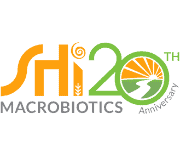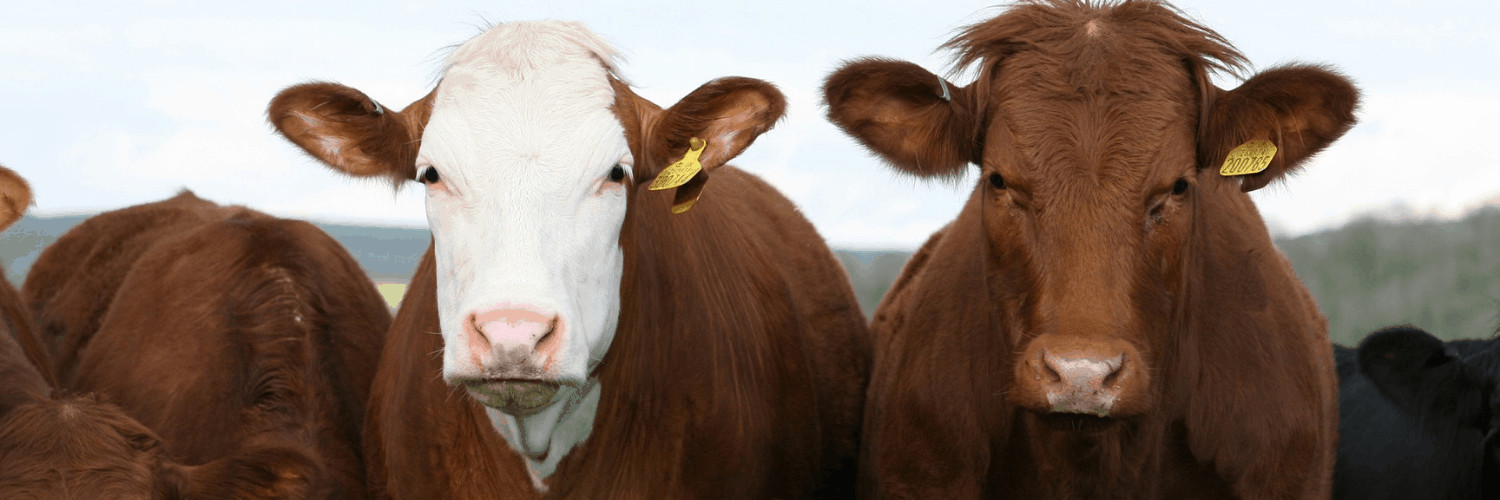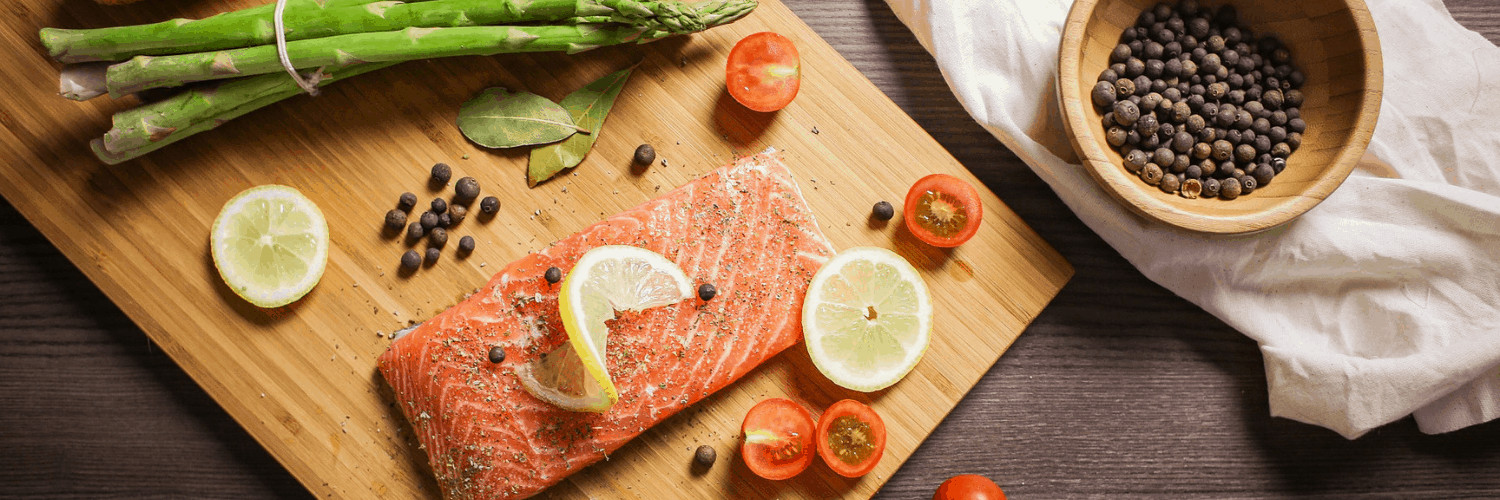With so many diets out there––vegan, vegetarian, and macrobiotic, it is hard to know which one to choose for your health, the environment, and animals. So what is the difference between vegan, vegetarian, and macrobiotic? Well, here is a guide on vegan diet, vegetarian diet, and macrobiotic lifestyle.
What is a Vegan Diet?
A person on a vegan diet refrains from consuming animal protein, as well as, animal products. This includes any type of meat, seafood, dairy, milk, eggs, cheese and honey. Additionally, a vegan diet can be personalized. For instance, someone may avoid using animal tested makeup for concern of animal rights and welfare. Or for health reasons choose a raw vegan diet –– eating mostly uncooked and unprocessed foods.
What is a Vegetarian Diet?
A vegetarian diet similar to a vegan diet abstains from animal protein and meat. However, the difference between vegan and vegetarian is the vegetarian diet may possibly consume some animal products––dairy, milk, eggs, cheese, and honey.
Just like vegan diet, vegetarian diets can also be individualized. Here are other names:
- Pescatarian diet cuts all meat out but fish and seafood
- Pesco pollo vegetarian avoids red meat but eats chicken and fish.
- Semi-vegetarian or flexitarian diet is someone cutting back on their consumption of animal protein.
- Ovo Vegetarian refrains from eating red or white meat and dairy products but eats eggs.
- Lacto-ovo vegetarian refrains from eating red or white meat but consumes dairy products and eggs.
What is a Macrobiotic Diet and Lifestyle?
Macrobiotic definition is a system of holistic principles and dynamic practices that guides choices in nutrition, activity, and lifestyle for physical, emotional, mental, social, and environmental health. Therefore, you can be a vegan or vegetarian macrobiotic but being vegan or vegetarian does not mean you are macrobiotic.
Why Should I Be a Vegan Macrobiotic, Vegetarian Macrobiotic or Pescatarian Macrobiotic?
With all the chemicalized foods and sedentary lifestyles, vegan and vegetarian diets can still be unhealthy. Adding a macrobiotics lifestyle to your vegan, vegetarian or pescatarian diet is the healthiest because it is based on habits and practices of long standing world civilizations that continue to live without chronic diseases. How you eat and lifestyle is just as important as what you eat. (Learn more about strong constitution vs weak constitution.)
Macrobiotic lifestyle practices:
Furthermore, a macrobiotic lifestyle emphasizes a plant-based diet consisting of vegetables, fruits, whole grains, beans, nuts, seeds and naturally pickled and fermented foods and mild beverages. And avoids refined, chemicalized, and processed foods. Making vegetarian or vegan macrobiotic diet and lifestyle the healthiest. It will give you the long term health you always wanted. As well as, support environmental sustainability and promote animal welfare.
Want to learn more about a macrobiotic diet plan, plant-based diet, and healthy lifestyle? Take one of our macrobiotic courses and join the macrobiotic community. Or check out these vegan macrobiotic recipes: macrobiotic burrito, kasha varnishkes, and cauliflower corn chowder.





SHI relies on your support.
This content is possible because of donations from people like you. If you valued this article then take a moment and make a donation to benefit the SHI community. Any amount truly makes a difference.
Give $25, $50, $75, $100 or a different amount that makes sense for you.
Donate Now